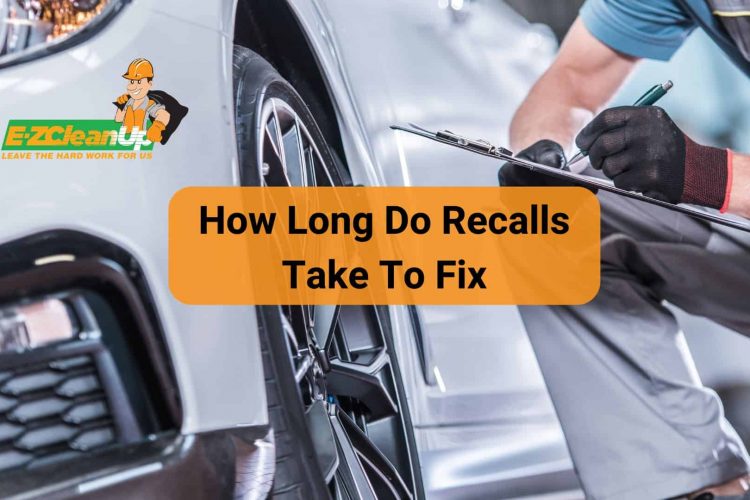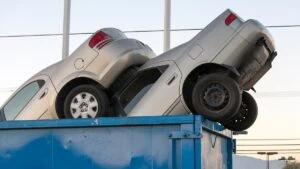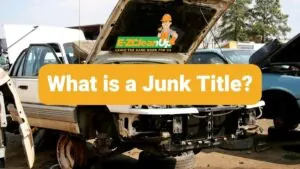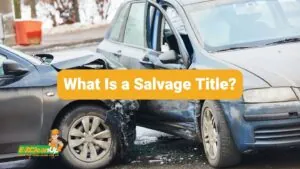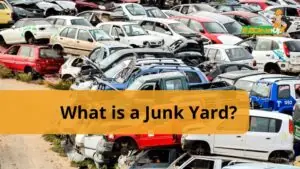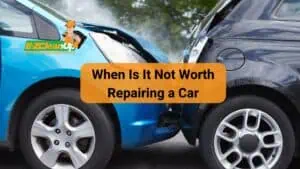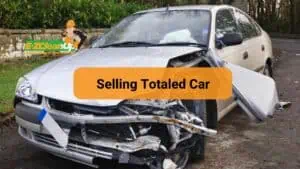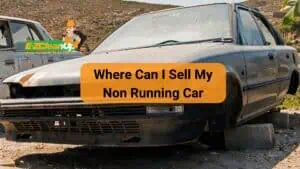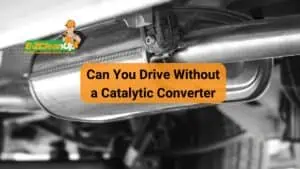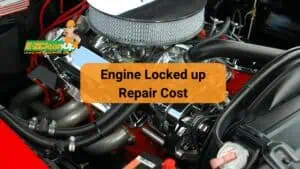Repair times for car recalls vary: simple updates may take hours, while complex hardware fixes can extend days. Urgency affects speed, with critical safety recalls prioritized. Owners must respond promptly to recall notices to ensure safety and compliance.
Wanna find out more about how long do recalls take to fix and the processes involved? Read on.
Typical Duration of Car Recall Repairs
The duration of recall repairs can range from a few hours to several days, depending largely on the type of recall. For instance, recalls involving complex parts like the transmission or engine might require more extended periods due to the intricate nature of these systems.
Comparison of Urgent vs. Non-Urgent Car Recall Timelines
Recalls categorized under safety-critical or “do not drive” advisories are given priority, which accelerates the repair process. These typically involve severe safety risks where delays are minimized to protect the vehicle owner and others on the road.
Meanwhile, non-urgent recalls might include minor component replacements or cosmetic issues, where the repairs can be scheduled at the convenience of the owner and may not require immediate attention, thus having longer timelines.
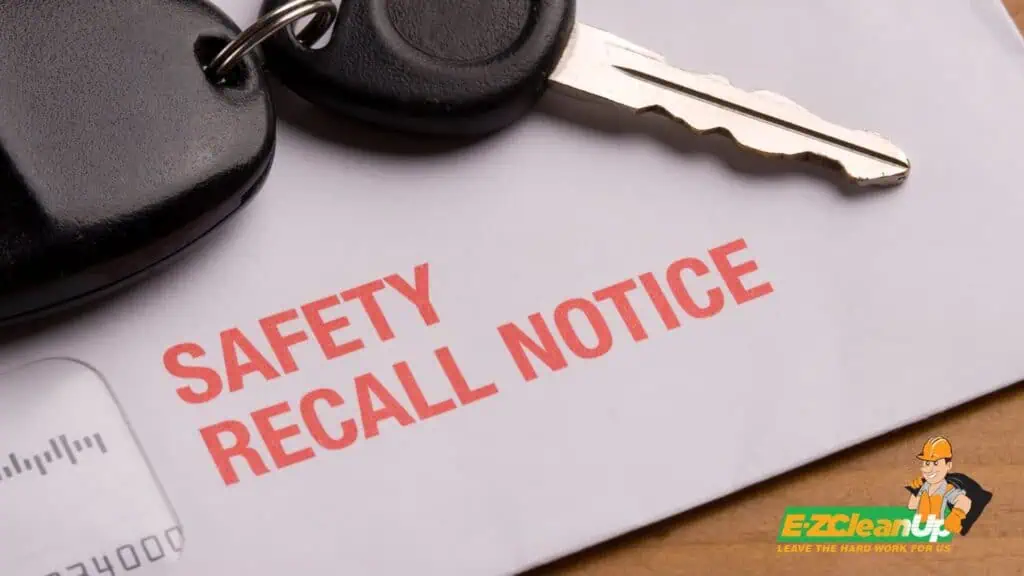
Factors Influencing Length of Repairs
When it comes to addressing car recalls, the duration needed for repairs can vary significantly depending on various factors, each playing a critical role in the timeline from notification to resolution.
Here are the main factors that influence the length of car repairs:
- Extent of the Damage: The severity of the issue being recalled greatly influences repair time. Simple software updates can be quicker, while hardware replacements like airbag systems or critical engine components may take longer due to the complexity of the work and part availability.
- Availability of Replacement Parts: Delays in obtaining the necessary parts, especially if they are specialized or in high demand due to widespread recalls, can extend repair times. This is often a bottleneck in the process, as workshops might not have immediate stock of the required components.
- Dealer and Workshop Load: The current workload of the service centers also affects how quickly a vehicle can be taken in and repaired. High volumes of recall repairs can lead to longer wait times.
Process of Car Recall Repairs
The initial step in the recall repair process involves notifying car owners. Manufacturers are required to alert vehicle owners about the recall through direct mailing, often using first-class mail marked to differentiate it from other mail.
Increasingly, manufacturers also employ electronic communications such as emails or text messages, especially if traditional mailing doesn’t result in sufficient response rates. This proactive communication ensures owners are aware of the recall and the necessary steps they need to take.
Steps Involved in Scheduling Repair Appointments
Once the recall is announced, vehicle owners should contact their local dealership to schedule a repair. This step is crucial, as timing can vary based on the dealership’s capacity and the availability of required parts.
The appointment scheduling process usually involves verifying the recall details with the service department and discussing any preparations needed for the repair, such as whether the vehicle needs to be left at the service center and if a loaner vehicle is available.
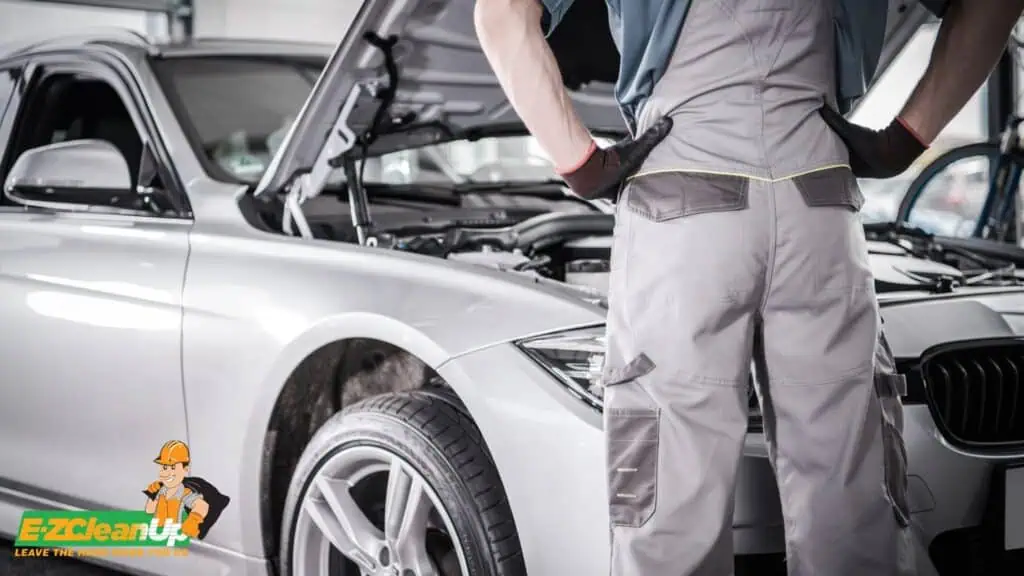
Execution of Repairs by Dealerships or Manufacturers
The actual repair work is conducted at authorized dealerships or manufacturer facilities, depending on the recall’s nature. For straightforward fixes, such as software updates, repairs can be completed quickly, often within a few hours.
However, more complex recalls requiring physical part replacements may take longer, particularly if the parts are not readily available or if the repair process is complicated.
Dealerships are equipped to handle the logistics of the repair, from part replacements to more extensive mechanical work. They ensure that all aspects of the recall are addressed according to the manufacturer’s standards.
Who Pays for Recall Repairs
Primarily, the rule here is that car manufacturers must handle recall costs. They must ensure that no expenses fall on the vehicle owner.
This coverage includes not only the parts needed for the repair but also the labor involved in rectifying the issue. By federal law, if a car is recalled due to a safety defect, the manufacturer must offer a remedy at no charge to the vehicle owner, which could involve a repair, replacement, or even a refund in some instances.
Coverage of Parts and Labor by Automakers
Automakers are required to cover all costs associated with the recall repair. This comprehensive coverage includes everything from mechanical parts to the labor costs for installing them.
Typically, if a recall is issued, all associated repairs are done free of charge at authorized dealerships, where the vehicle is fixed according to the manufacturer’s standards to rectify the safety issue properly.
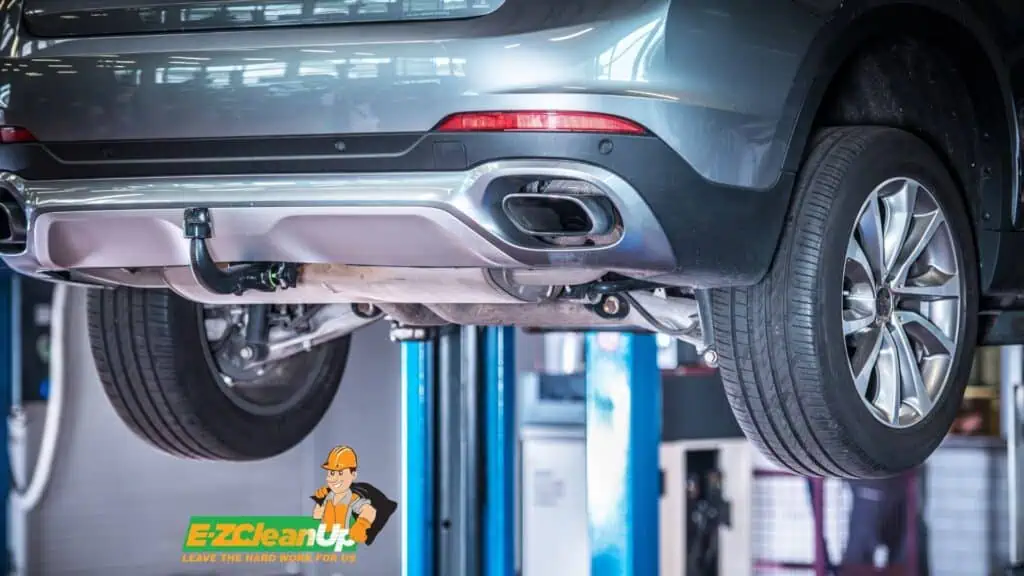
Circumstances When Costs Might Fall on the Car Owner
Although recall repairs are generally covered by the manufacturer, there are exceptions where the car owner might need to bear some cost. For example, if a vehicle is older than 10 years at the time the recall is issued, the manufacturer might not be obligated to provide a free repair.
Additionally, if the owner had already paid for repairs before the recall was announced, they might be eligible for reimbursement, but this often requires timely action and proper documentation of the expenses incurred.
In all cases, it is crucial for car owners to respond promptly to recall notices to ensure their safety and to avoid any potential costs that might arise from delayed actions.
How Long Do Recalls Last
Legally, there is no expiration date for car recalls in the United States. Once a recall has been issued, the manufacturer is obligated to correct the defect, regardless of when the car owner becomes aware of the recall. This ensures that safety defects are addressed in a timely manner to prevent any potential harm to consumers.
Time Limits for Car Owners to Respond to a Recall
While the recall itself does not expire, car owners are encouraged to act swiftly upon receiving a recall notice to ensure their safety. There is no strict legal time limit within which a car owner must respond to a recall notice, but addressing the issue promptly can prevent accidents or further complications with the vehicle.
Extensions and Exceptions in Car Recall Durations
Generally, recalls cover the vehicle for the entirety of its life. However, if the manufacturer discontinues the business or stops making the necessary parts, the ability to carry out the recall may be affected. In rare cases where the manufacturer ceases operations, car owners might find it challenging to get the recall service performed.
What Voids a Recall
It’s important for car owners to maintain their vehicles according to the manufacturer’s guidelines and respond promptly to recall notices to ensure their safety and the validity of recall repairs.
Here’s a closer look at the factors that void a car recall:
Modifications Made to the Car
Any modifications that alter the car from its original manufacturing specifications can void a recall. This includes changes like adding aftermarket parts that affect the vehicle’s performance or safety features.
If these modifications contribute to the issue that the recall intends to fix, manufacturers might refuse to perform the recall repairs under warranty. For instance, installing non-standard engine components that fail and cause the recall issue could lead to denial of service.
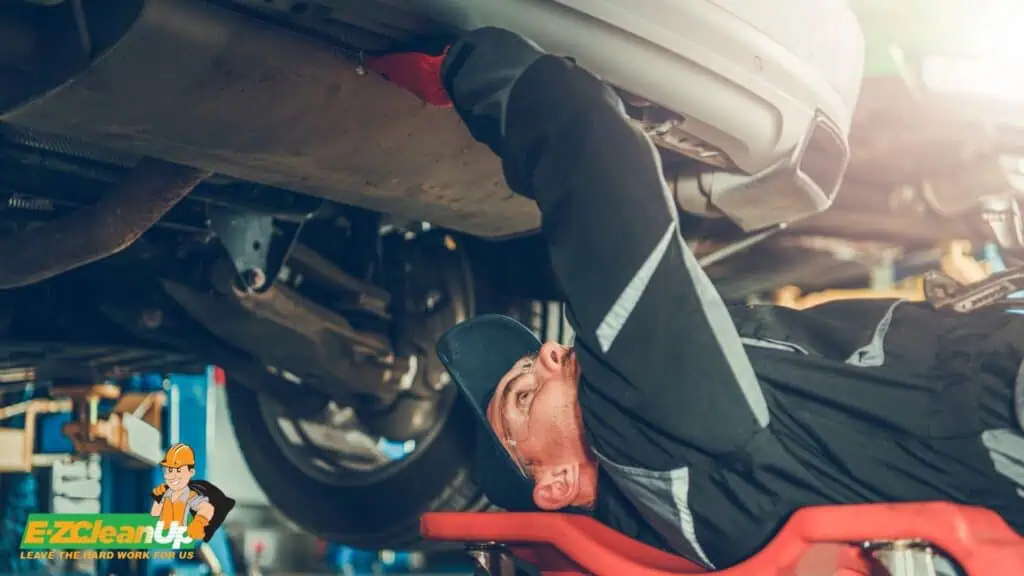
Use of the Car Outside Normal Operating Conditions
Using the vehicle in a manner not intended by the manufacturer can also void a recall. This includes activities like racing, off-roading, or overloading the vehicle beyond its capacity.
Such usage can worsen underlying issues or cause new problems that complicate the recall repair process. If the vehicle is used under conditions that it was not designed for, and this contributes to the defect for which the recall was issued, the manufacturer might not cover the recall repairs.
Non-Compliance with Recall Procedures by the Car Owner
Failure to follow the recall procedures as outlined by the manufacturer can void the benefits of a recall. This includes not responding to recall notices in a timely manner or not adhering to specific maintenance requirements set by the manufacturer.
For example, ignoring recall notifications and continuing to use the vehicle without addressing the recall can lead to the manufacturer’s refusal to perform the necessary repairs, especially if the delay causes further damage to the vehicle.
Consumer Rights and Car Recalls
Car owners are afforded significant protections under U.S. law during recalls. The National Highway Traffic Safety Administration (NHTSA) mandates that manufacturers must repair, replace, or refund a vehicle if it’s found to have safety-related defects.
This obligation covers the vehicle for its entire life, ensuring that safety concerns are addressed promptly and at no cost to the consumer. If a manufacturer discovers a defect, they must notify the NHTSA, as well as vehicle or equipment owners and dealers, and then rectify the issue without charging the vehicle owners.
Steps to Take if a Car Recall Repair is Unsatisfactory
If the repair provided under a recall is unsatisfactory, car owners should first contact the dealership or manufacturer to report the issue. If the response is inadequate, the owner can escalate the matter by filing a complaint with the NHTSA.
The NHTSA provides a platform for reporting safety concerns, which can trigger further investigation and potentially more extensive corrective actions by the manufacturer.
Contacting Consumer Protection Agencies for Help
Beyond dealing with the manufacturer and NHTSA, car owners can seek additional support from consumer protection agencies. These agencies offer guidance and can assist in ensuring that car owners’ rights are fully respected during the recall process.
They play a crucial role in monitoring the adequacy of manufacturers’ actions and can help facilitate the resolution of issues that arise during or after the recall process.
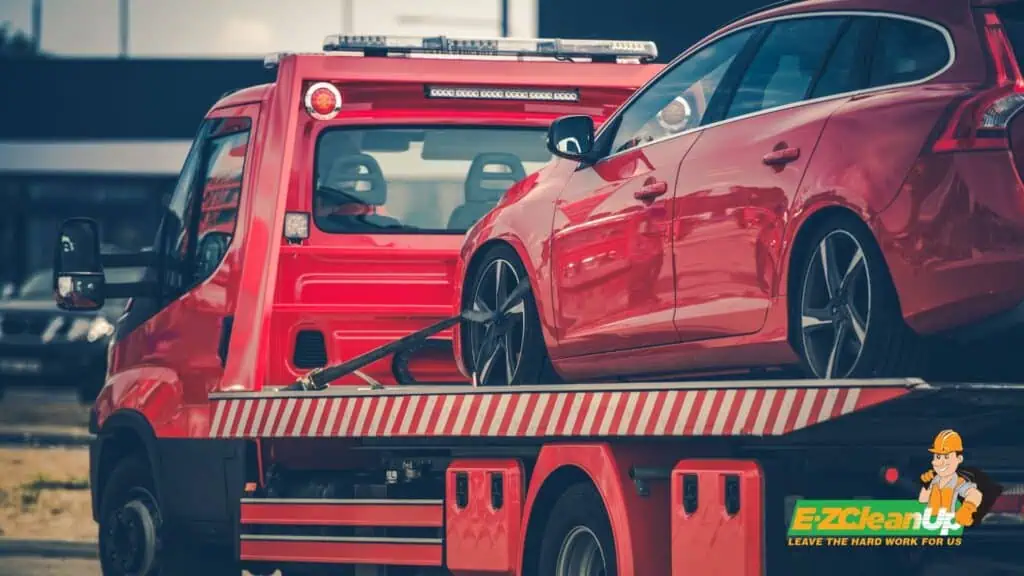
Car Recall Solutions with EZ CleanUp
Car recalls can put a pause on your mobility and create unexpected challenges in your routine. Whether your vehicle needs a quick software update or a major mechanical overhaul, the waiting period for completion can seem endless.
EZ CleanUp offers a solution to this dilemma. Not only do we efficiently handle the disposal of any kind of junk—be it mattresses, electronics, or yard waste—we also offer cash for cars sidelined by recalls.
If your garage needs clearing to make way for a rental, or if you’re considering letting go of your current ride, call us and let’s talk business.

